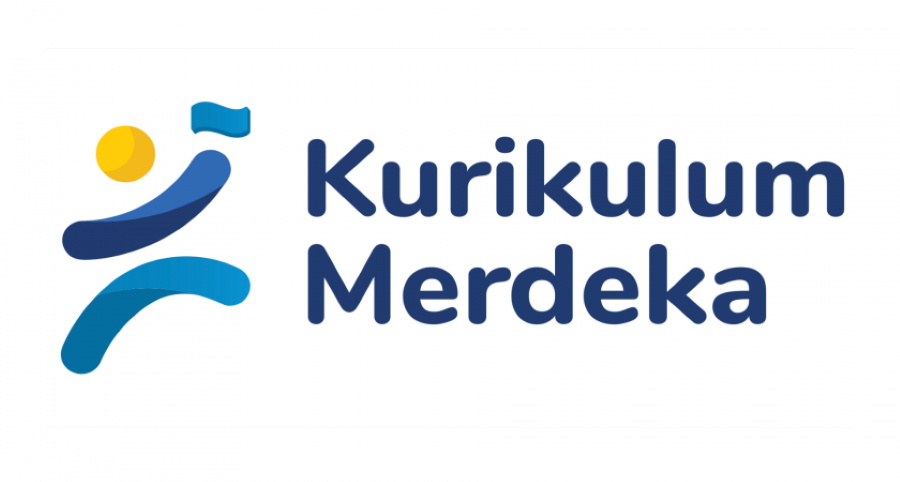Board analysis is a highly effective way to further improve corporate performance. That integrates the insights of business intelligence that fuel decision making with the experience and proactive approach of corporate overall performance management.
The producing profiles of directors’ capacities reveal just where gaps are present and what director recruitment ought to look like in hypertargeted terms. These capacities profiles happen to be critical for panels seeking to get the best persons, and also with regards to CEOs to determine how they desire to interact with the table and its subscribers.
A board’s level of proposal on a scale reflects their education to which the board sights itself as a group team, with its executiveboardroom.net participants able to generate decisions that reflect that view. It provides a philosophical system for the rest of their work.
In a great many organizations, boards subsist on a meager diet plan of knowledge–retrospective data on financial performance and operations, plus presentations by simply management. This kind of rations often result in a feeling that something is absent.
As a result, boards might find themselves underperforming or maybe out of step with executives. They might disagree sharply with operations about how much to assign, or with individual administrators about their unique roles.
The best boards sow time and energy in identifying and resolving such discomforts. This kind of efforts can produce dramatic modification, including rethinking board member relationships, and refocusing the board upon its purpose–and how it can that purpose. Such rethinking requires serious time and energy, but is actually worth the investment. It can turn a board’s self-assessment into a rigorous training in reinvention, an essential component of a company’s governance model.


